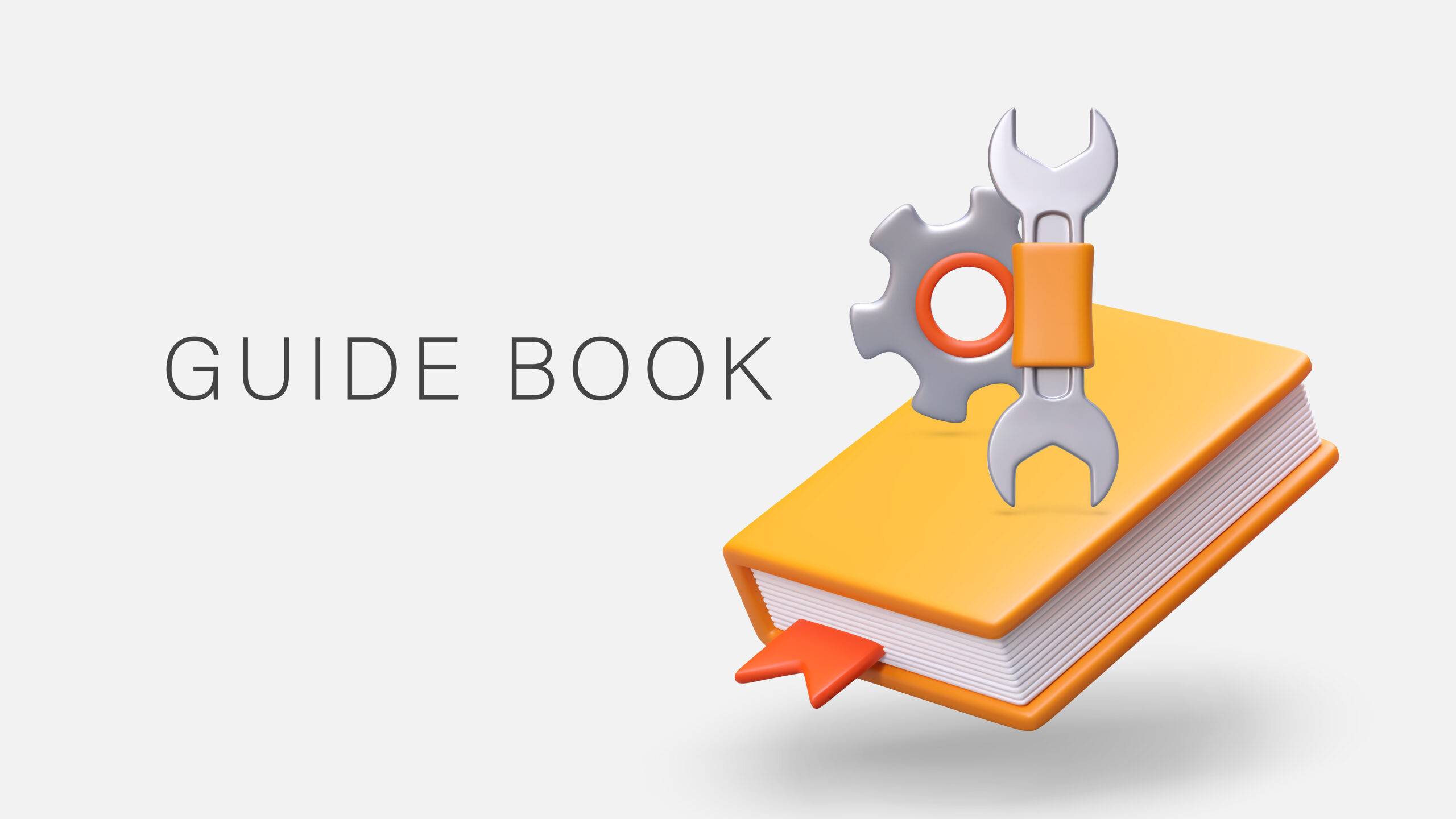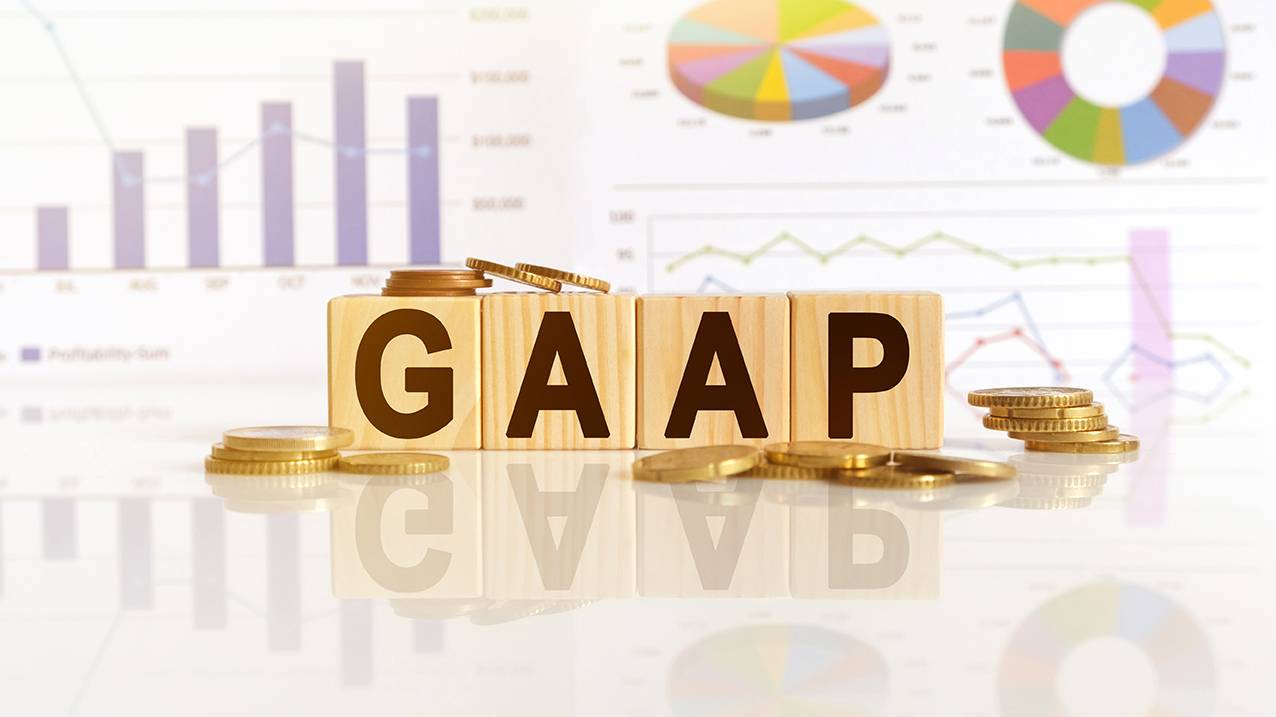Self-Study
Controller’s Role in Cash, Credit, and Collections
Manage cash flow and collections through effective billing, credit control, and account reconciliation.

$58.00 – $78.00
Webcasts are available for viewing Monday – Saturday, 8am – 8pm ET.
Without FlexCast, you must start with enough time to finish. (1 Hr/Credit)
Please fill out the form below and we will reach out as soon as possible.
CPE Credits
2 Credits: Accounting
Course Level
Overview
Format
Self-Study
Course Description
Companies rely on the controller to be able to bill, collect, and reconcile accounts in a timely, accurate manner. Any breakdown in these systems can lead to cash shortages, delayed payments, angry vendors, and unpaid accounts. To ensure that your accounting department runs efficiently, you need controls and processes that streamline each of these functions. In Controller’s Role in Cash, Credit, and Collections, Steven Bragg walks you through the challenges that you face in executing these tasks, helping you to lay out a plan to effectively control the flow of cash and credit within your business. This Controller accounting CPE will teach you about basic cash management issues, cash forecasting, petty cash, reconciliation, credits and collections, accounting for bad debt, invoicing, billing, and much more. In the end, this controller managerial accounting course will assist you in grasping one of the most important aspects of the controller’s job – maintaining systems that keep a healthy flow of cash and prompt collections.
This course covers material also contained in The New Controller Guidebook.
Learning Objectives
Upon successful completion of this course, participants will be able to:
Chapter 1
- Recognize the function of a bank statement, the process of reconciling cash, and the related issues that continually arise as a part of the bank reconciliation.
- Recognize the characteristics of and accounting for petty cash.
- Recognize the accounting for negative cash on the balance sheet.
- Identify common controls to manage cash assets.
Chapter 2
- Recognize ways to measure receivables and adjust credit rules to reduce risk.
- Identify various credit terms and cash acceleration techniques.
- Recognize the purpose and methods for estimating the allowance for doubtful accounts.
Chapter 3
- Recognize the process for creating and issuing customer invoices and how to account for them.
- Identify the key types of billing controls.
<
Course Specifics
1143402
September 14, 2022
There are no prerequisites.
None
57
Compliance Information
CMA Notice: Western CPE makes every attempt to maintain our CMA CPE library, to ensure a course meets your continuing education requirements please visit Insitute of Management Accountants (IMA)
CFP Notice: Not all courses that qualify for CFP® credit are registered by Western CPE. If a course does not have a CFP registration number in the compliance section, the continuing education will need to be individually reported with the CFP Board. For more information on the reporting process, required documentation, processing fee, etc., contact the CFP Board. CFP Professionals must take each course in it’s entirety, the CFP Board DOES NOT accept partial credits for courses.
Meet The Experts

Steven M. Bragg, CPA, is a full-time book and course author who has written more than 300 business books and courses. He provides Western CPE with self-study courses in the areas of accounting and finance, with an emphasis on the practical application of accounting standards and management techniques. A sampling of his courses include the The New Controller Guidebook, The GAAP Guidebook, Accountants’ Guidebook, and Closing the Books: An Accountant’s Guide. He also manages the Accounting Best Practices podcast. Steven has been the CFO or controller of both public and private companies and has been a consulting manager with Ernst & Young and …
Related Courses
-
 Accounting
Accounting
Accountants’ Guidebook
Steven M. Bragg, CPA QAS Self-Study
Credits: 30 $600.00
QAS Self-Study
Credits: 30 $600.00$600.00 – $640.00
-
 Accounting
Accounting
Accounting Fraud: Recent Cases
Joseph Helstrom, CPA QAS Self-Study
Credits: 1 $29.00
QAS Self-Study
Credits: 1 $29.00$29.00 – $49.00
-
 Accounting
Accounting
GAAP Guidebook
Steven M. Bragg, CPA QAS Self-Study
Credits: 29 $580.00
QAS Self-Study
Credits: 29 $580.00$580.00 – $620.00
